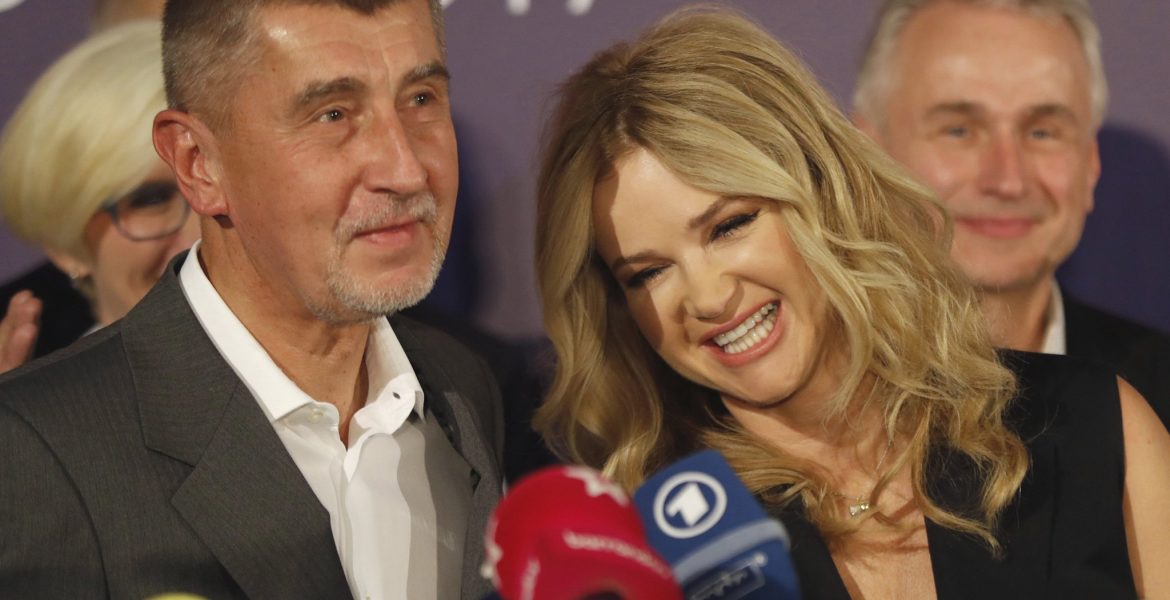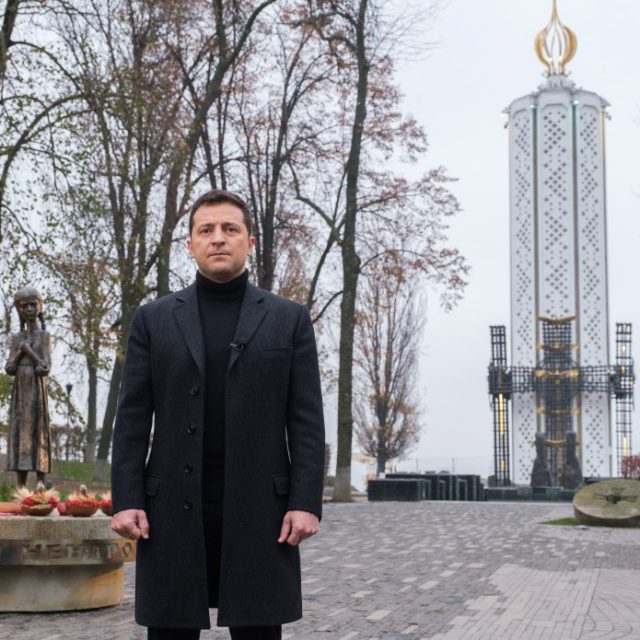Summer is traditionally a calm time in the political life of states. While the world is recovering from the next wave of coronavirus, politicians in some countries seek to shift the news emphasis from the pandemic to their own personalities.
Europe never tires of “delighting” its citizens with new events in political life. The diplomatic scandal between Prague and Moscow, which erupted in April this year, had a resonance far beyond the borders of the Czech Republic and the Russian Federation.
One way or another, many EU countries were involved especially to the East of Europe.
But the “diplomatic war,” as the media described it, also had an impact within Europe’s Member States.
This conflict caused internal political disagreements in the Czech Republic. After the statements of the head of the government of the Czech Republic Babish about the involvement of agents of the Russian special services in the explosion at the ammunition depots in Vrbetice, the President of the Czech Republic made a statement that contradicted his Prime Minister’s statements.
Zeman did not deny the possible participation of Russia in that terrorist attack, but said that the investigation was considering several versions of what happened, which cast doubt on the Prime Minister’s confidence in the unambiguity of Russian innocence.
Against this background, a scandal erupted in the Czech Republic and the president’s resignation was demanded. The question of impeachment was even discussed in the Parliament.
Zeman was accused of being disoriented, inadequately perceiving reality, misinterpreting the Constitution and “not acting in accordance with his oath.
Evidence cited in support of this were the President’s statements about Vrbetice, his inactivity in appointment or dismissal of ministers and statements which contradicted the foreign policy of the Czech Republic.
The initiators of the impeachment declared expressly that Zeman couldn’t perform the President’s functions.
The contradictions between the Prime Minister and the President of the Czech Republic have taken on a serious form. Outwardly, it seemed that this was the main axis of the confrontation: the President – the Prime Minister.
But, not everything is so clear-cut. It seems that the disagreements between the two branches of government are obvious and unambiguous.
The situation in the Czech Republic over the past year has led to a decrease in the popularity of the current Prime Minister’s political force. So why did the opposition launch a procedure in the Parliament for a vote of non-confidence in the government explaining it by serious miscalculations in the work of Babish’s cabinet? In particular, the prime minister was accused of “showing incompetence in the fight against COVID-19”.
However, the initiative of the Conservative Bloc was not successful and the head of the cabinet remained in office.
But there is one thing, even if the goal of the opposition had been achieved (the Parliament would have expressed non-confidence in the Prime Minister), it would not mean an automatic resignation. The decision had to be signed by the President. But with external disagreements, Zeman does not see anyone as the Prime Minister except Babish.
In case of a vote of no confidence in the Prime Minister’s, power would fall entirely into the President’s hands, and he could successfully hold the Prime Minister to account.
The disagreements between two leaders of the Czech Republic are not so obvious. The only difference is that Zeman openly supports the Kremlin, while Babish outwardly pursues an “independent” policy.
Even the scandal about the “Russian trace in Vrbetica” fails to erase from the memory of the Czech people his anti-European electoral position and his bias towards Moscow.
His coalition with the Communists speaks volumes. But, if this cooperation can be explained by state necessity, the fact that the Communists did not support the vote of non- confidence in Babish in Parliament speaks for itself.
The activity of the Czech opposition is a sign of approaching parliamentary elections, scheduled for this autumn and the beginning of an active phase in the election campaign.
All of the actions of the current Czech government are clearly playing into the hands of the opposition, which with skill approach, could deliver for them an interesting result.
Opposition representatives skillfully combine internal political confusion with a foreign policy approach. They combine the main claims to the authorities on the external front (pro-Russian tone) with supporting actions to Ukraine in its war with the Russian Federation, by this way they are demonstrating solidarity with the EU on this issue and declaring themselves to be pro-European.
In this context, in early June, the Senate of the Czech Republic adopted the document “On the Situation on the territory of the sovereign State of Ukraine, occupied by the troops of the Russian Federation,” in which it expressed its support for the Ukrainian people.
Time will show how further events will develop inside the Czech Republic and in the foreign policy arena. The upcoming parliamentary elections in the Czech Republic will reveal many interesting facts, revelations and testimonies and it is very important to correctly assess the data and not drown in the sea of information.
Often lies will be cunningly disguised as truth, trying to hide “fake news”. The mantra for analysts should be: “Read, think and choose”.




